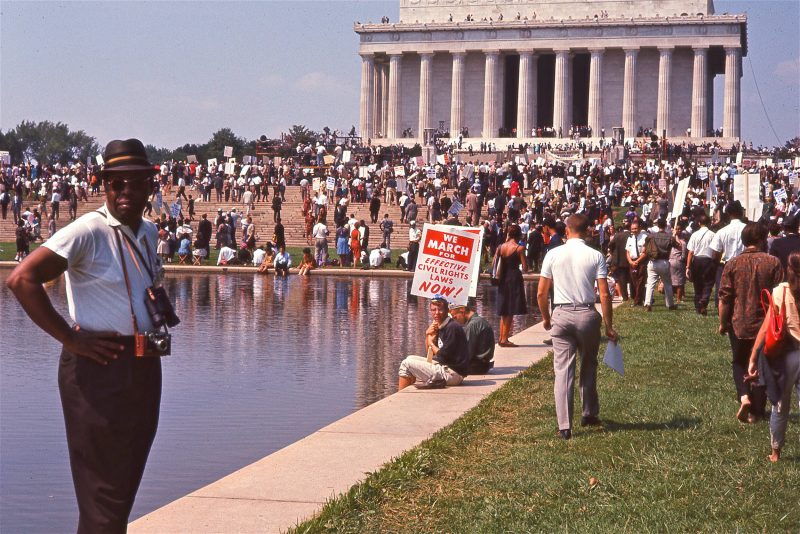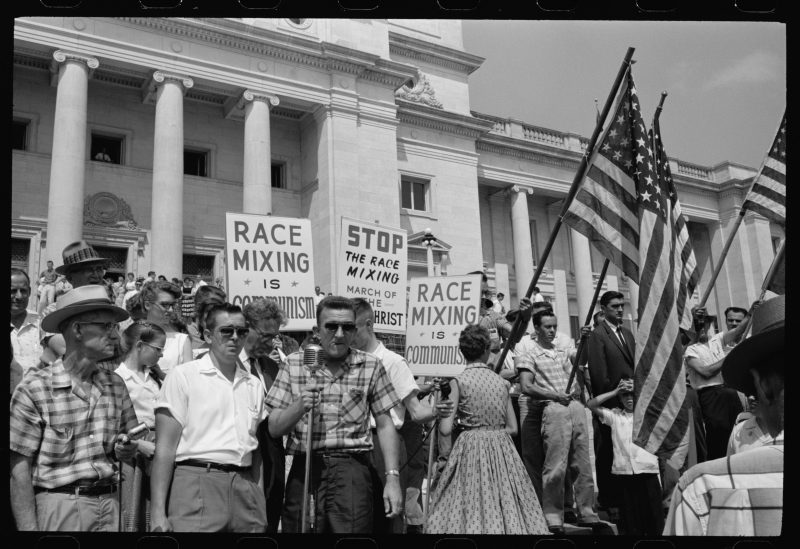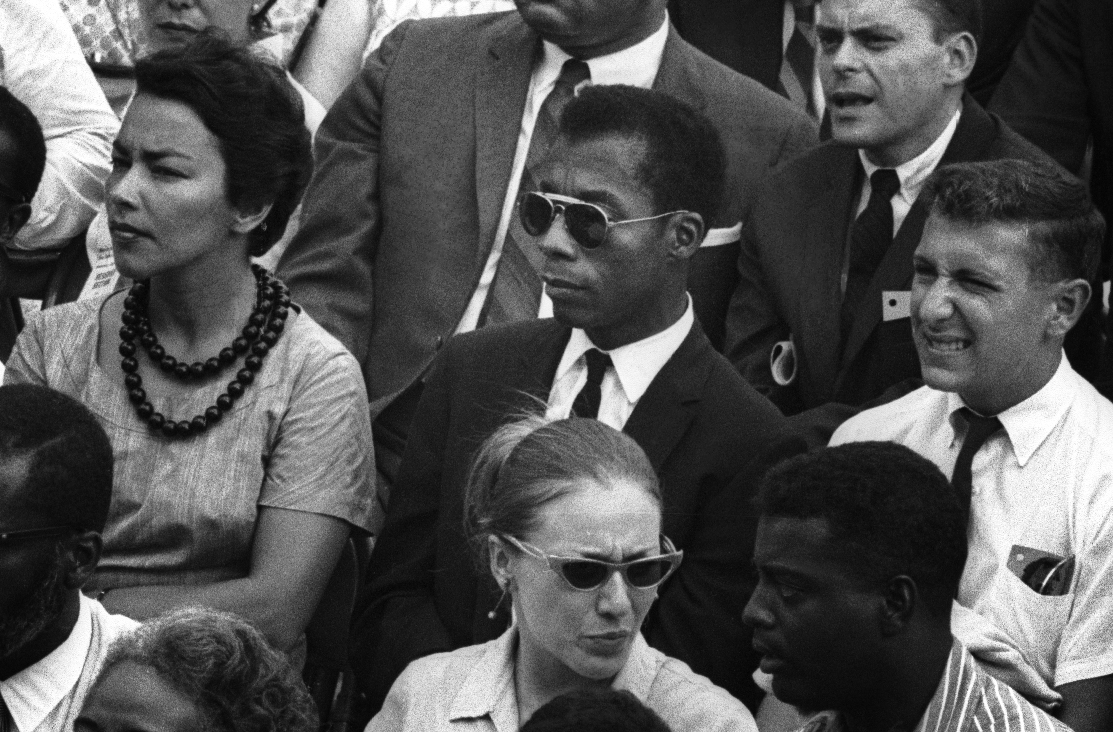I Am Not Your Negro is the poignant Oscar-nominated documentary that brings to life the words and work of one of America’s most influential authors and social critics, James Baldwin. Narrated by Samuel L. Jackson, the film takes its starting point from notes Baldwin wrote for the book he intended to write about the murder of his three close friends: Medgar Evers, Malcolm X and Martin Luther King Jr.
Since its release in February 2017, I Am Not Your Negro has been nominated for an Academy Award for Best Documentary Feature, won the People’s Choice Award at the Toronto Film Festival and Best Documentary at the LA Film Critics Association Awards, as well as having been nominated for over thirty others. These awards, along with others it will undoubtedly receive, are more than entirely deserved.
I can count on one hand the films I would say that I have been genuinely affected by. Not in the most common sense that I was simply emotionally invested in the characters or the story, but in a way that actually changed how I think about an aspect of the world; that I walked out of as a slightly different person.
This film is one of them.

I Am Not Your Negro, 2017. Image: Supplied
Peck’s documentary is more of a kind of cinematic essay, with the screenplay being credited entirely to Baldwin himself. Its narration is formed from snippets of Baldwin’s essays, books, notes and letters, and Peck channels them into a mesmerising piece of storytelling about the tumultuous history of not only the Civil Rights era, but also American race relations since the advent of slavery.
Samuel L. Jackson’s deep, sombre voice brings huge weight to Baldwin’s already penetrating words as it booms over the top of some of the most iconic images of the twentieth century, some of which are truly heartbreaking in their brutality. What is so terrifying about these horrific scenes of lynchings, beatings and protests, however, is that Baldwin’s commentary on them also fits all too well with the kind of images we see today.
At several points, Peck has interspersed footage from the current Black Lives Matter movement into the film, while Baldwin’s thoughts continue to echo over the top. Strangely, it is as if Baldwin is speaking directly to these events, witnessing them in live play, although he died several decades before their occurrence. These moments are some of the most film’s most confronting, forcing us to reconsider our assumptions surrounding the kind of progress our society has made.
Peck also supplements Baldwin’s eloquent social analysis with archival footage from films, television shows and interviews that plot the construction of the many harmful racial stereotypes that have plagued the African American struggle against prejudice for centuries. On top of that, he also manages to explore Baldwin’s relationships with his immensely influential friends (King, Evers and X) in great detail, and through his work we learn more about these men and their vastly different backgrounds than any documentary about each individual could represent.

I Am Not Your Negro, 2017. Image: Supplied
I Am Not Your Negro is a powerful piece of cinema, and in a short run-time of only ninety-three minutes manages to fully engross its audience in a dark era of America’s history that is rife with injustice and hatred; but also, at all times, hope. Peck has created a truly unforgettable film through which Baldwin’s work can transcend the limits of his time and reach directly into our modern day.
Get tickets to see the film at one of it’s two last screenings during the Sydney Film Festival here.


